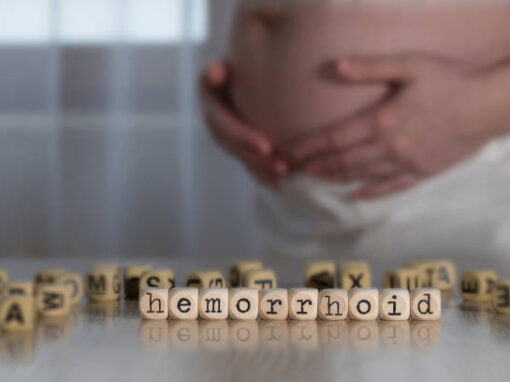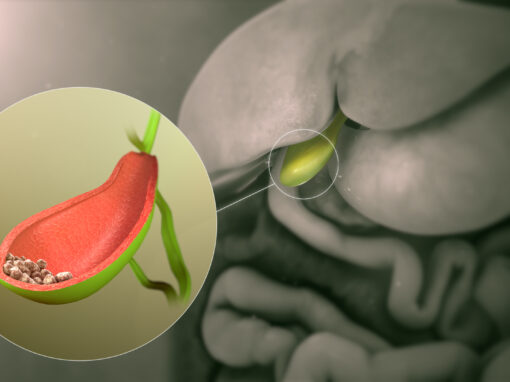Incisional hernia Surgery in Hyderabad
An incisional hernia is a protrusion of the intestine, organ, or other tissue through a surgical incision. Approximately one-third of patients will develop an incisional hernia following abdominal surgery.
What causes Incisional Hernia?
Incisional hernias occur when the abdominal muscle weakens owing to a surgical incision. An incisional hernia can develop for a variety of reasons; individuals who engage in excessive or premature physical activity following surgery, gain significant weight, become pregnant, or increase abdominal pressure in any other way before the incision has fully healed are especially vulnerable to an incisional hernia. Incisional hernias usually appear three to six months after surgery, but they can develop at any time.
How is Incisional hernia Diagnosed?
A variety of diagnostic approaches are available to detect an incisional hernia, but they will always start with a medical history and physical examination. Your Gastro Surgeon will ask about or seek to identify your symptoms which may include the following:
- Constipation; “narrow” or “thin” stool.
- A lump or protrusion in the belly at or around the site of a prior incision may encourage the patient to stand and cough, which tends to make the hernia more noticeable.
- Nausea, vomiting, fever, or a fast heartbeat
- Pain in the abdomen, particularly at the protrusion
- Previous procedures, locations, and results
If the projecting piece of the intestine becomes caught (incarcerated) within the abdominal wall, the blood supply to the intestine can be severed (strangulation), resulting in further issues such as necrosis (tissue death). If your doctor feels this is the case, more tests might include:
- Blood tests check for infections caused by intestinal obstruction or necrosis.
- Ultrasound, MRI, CT, or other imaging to check for obstruction or the exact site of the intestinal protrusion
Additional procedures may be used if the health care professional suspects the rupture caused the movement or protrusion of organs other than the intestines.
Treatment:
Your doctor will select the appropriate therapy for an incisional hernia based on a variety of criteria, including your overall health, anatomy, the amount and location of the hernia, and your planned level of future physical activity. The therapy will also depend on whether the hernia has harmed the outcomes of the initial operation, necessitating further treatments before the hernia can be closed. Treatment will often include one of two types of surgeries:
Open hernia repair
This surgical treatment involves making an incision in the belly above the hernia, pushing any projecting intestine back into the abdomen, and repairing the opening in the muscular wall. Hernioplasty is a technique that repairs and reinforces the weak region with mesh.
Laparoscopy
In this minimally invasive surgical treatment, the surgeon makes multiple tiny incisions in the lower abdomen before inserting a tubelike piece of equipment known as a laparoscope, which is equipped with a camera, into one of them. The interior pictures are presented on a huge monitor, allowing the surgeon to direct tiny devices placed via the other incisions to repair the hernia.
Robot-assisted repair
Robotic-assisted repair is similar to laparoscopy, except the surgeon performs it from a console that controls robotic arms. In this minimally invasive surgical treatment, the hernia contents are restored to their proper location in the abdomen, and the muscular wall is healed and strengthened with mesh.
Take charge of your health today! Consult Dr. Parthasarathy, understand your options, and take steps towards recovery. Your well-being matters; act now to regain comfort and peace of mind.
FAQs
Is incisional hernia serious?
In most of the cases Incisional Henrias don’t cause any major complications. In rare cases however, the hernia can turn into strangulated hernia where parts of the bowel might get trapped in the opening of the hernia, blocking the passage of stool (bowel obstruction) or cutting off the blood supply (strangulation).
What can happen if the Incisional Hernia is not treated?
An untreated incisional hernia can lead to bowel obstruction and strangulation. Strangulation can lead to loss of blood supply & tissue death which is a life threatening complication. Hernias can rupture in very rare cases.
Is Incisional Hernia Surgery Painful?
Incisional hernia surgery is performed under anaesthesia, so you will feel no pain during the procedure. You can experience some pain and discomfort for 1-2 weeks following the surgery which can be managed with medication.
What is the cost for hernia surgery in Hyderabad?
The cost of hernia repair ranges from ₹ 50,000 to ₹ 1,50,000. The cost is governed by the type of hernia repair surgery i.e. Laparoscopic or Open Hernia repair and other factors.
Is hernia surgery covered under Insurance? Or Does Insurance cover Hernia surgery?
Hernia surgery is covered by all major insurance providers & TPA. Our hospital offers cashless facility for all major insurances. Please contact +91 73309 90044 for other insurance details.





